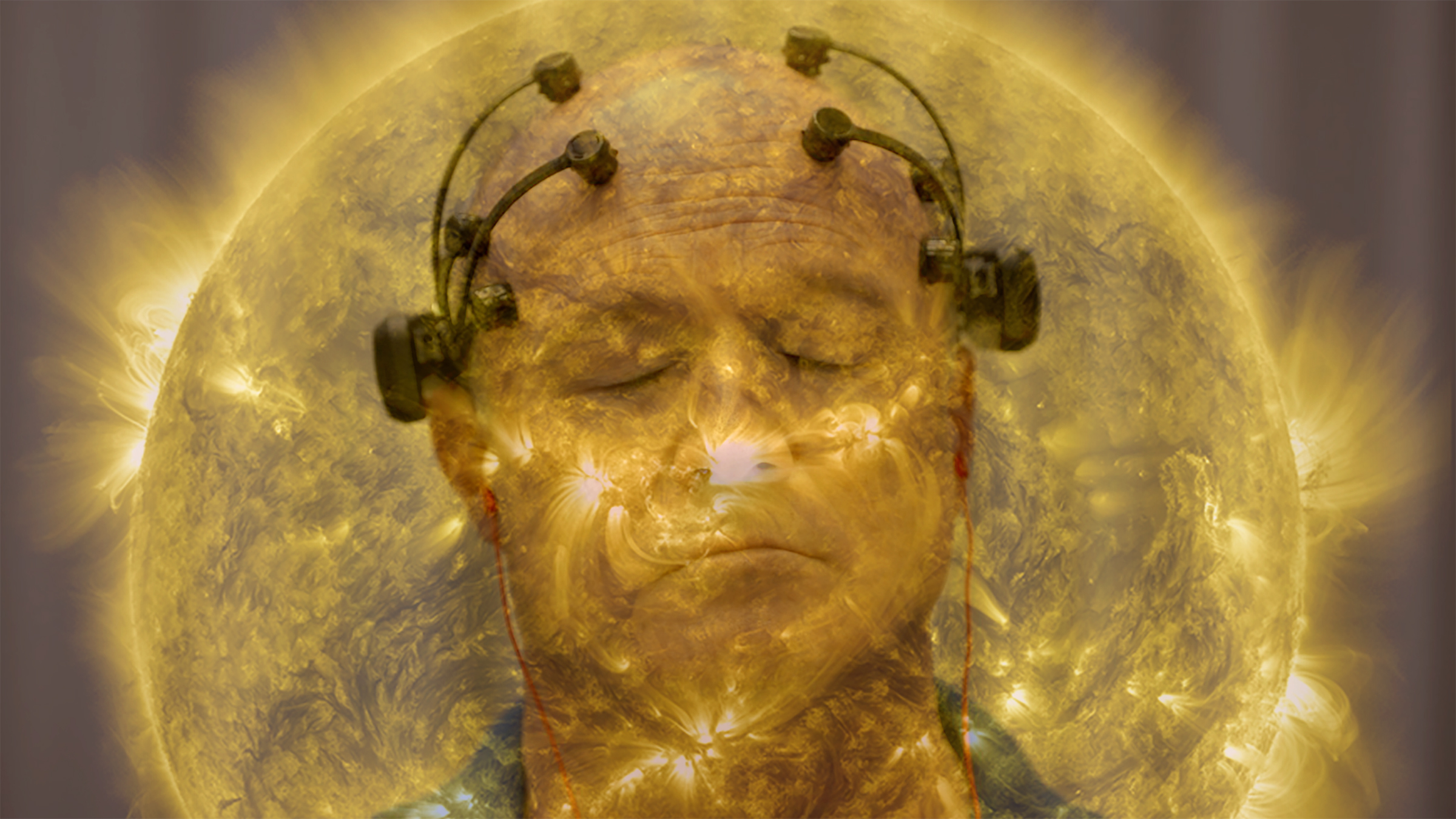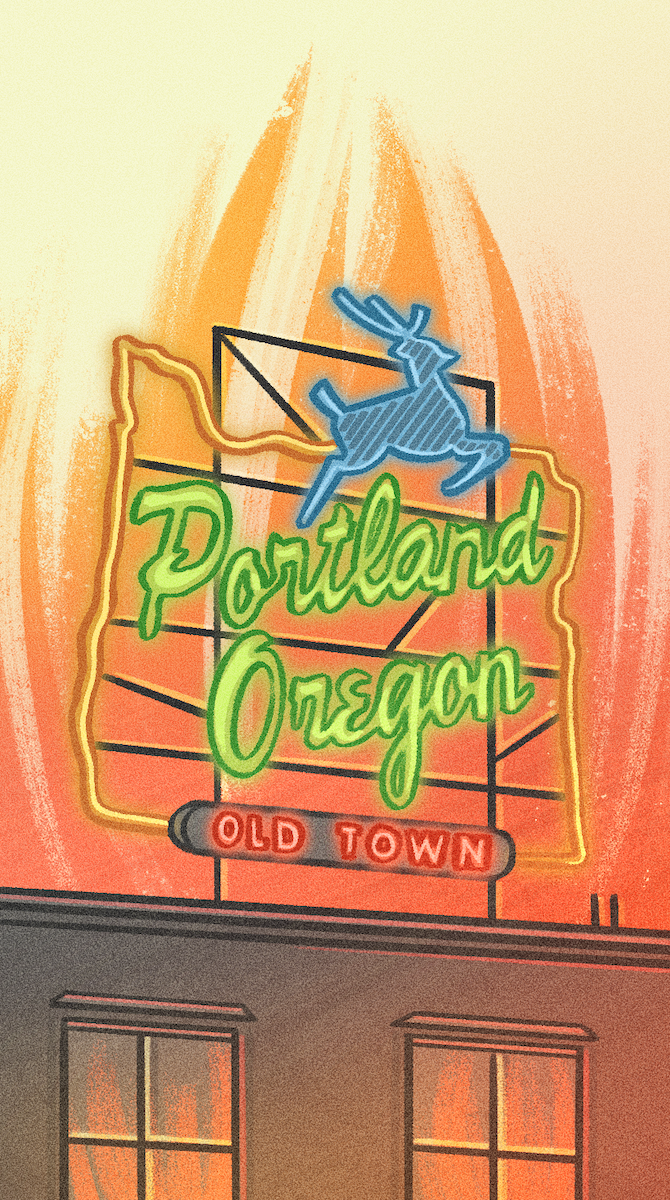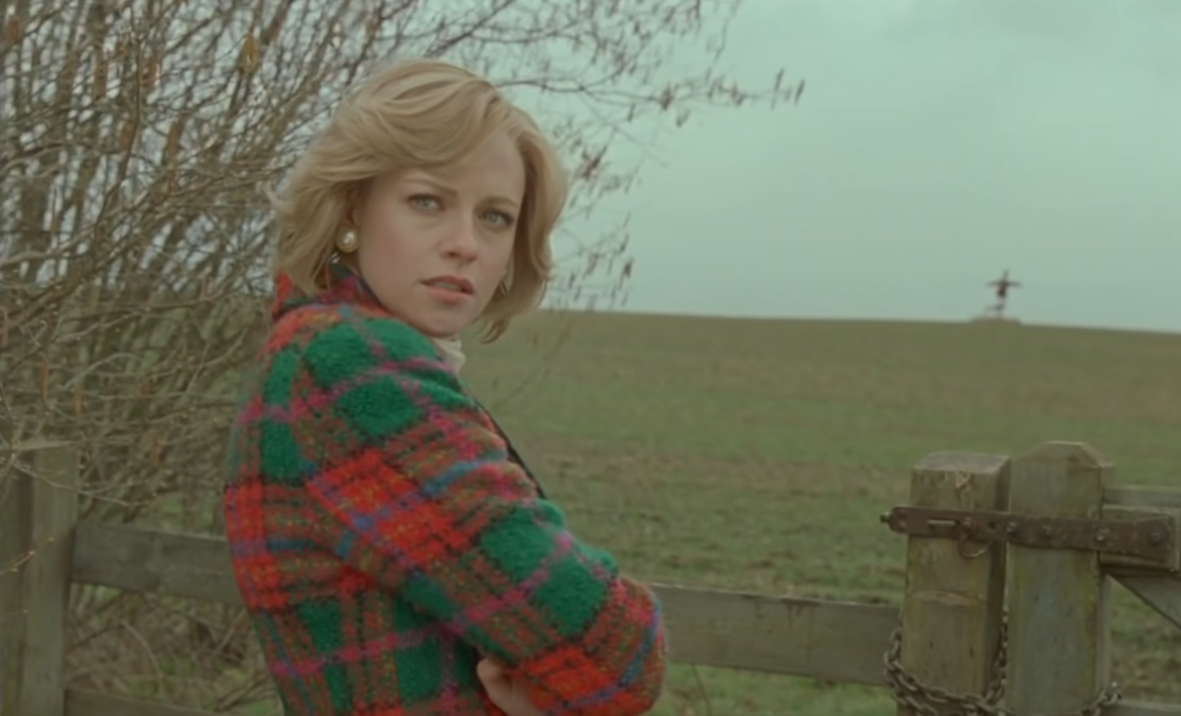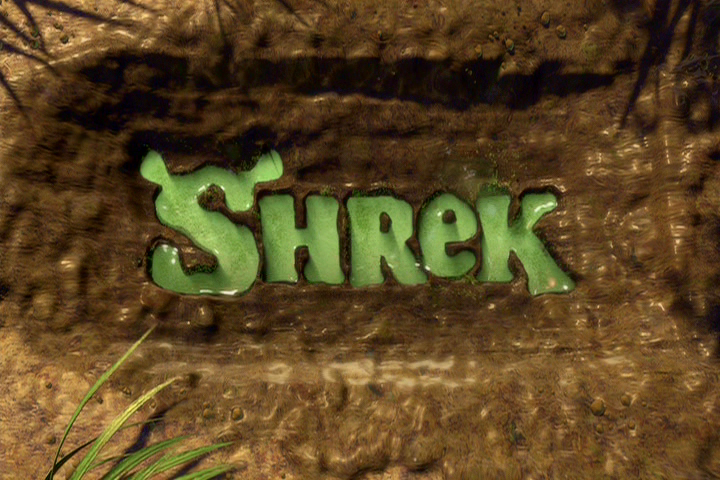When utilized correctly, the documentary medium can not only be one of the strongest tools for changing a viewer’s beliefs, but also one of the fiercest weapons of truth. The best documentaries hide their opinions behind a sheen of imagery and spoken word, letting their subjects speak for themselves. Documentaries allow the audience to perceive their own world through another’s eyes, and the act of perceiving is exactly the focus of filmmaker Theo Anthony’s latest documentary feature All Light, Everywhere.
All Light, Everywhere progresses through vignettes, stories and lectures, passing briefly and silently from one to another as Anthony slowly builds the foundation of his film’s thesis.
A triptych emerges: in a community meeting in Baltimore, the director of a private, aerial surveillance organization attempts to ease citizens’ worries about the implementation of his company’s 24/7 surveillance system. Just across the city, an officer in the Baltimore Police Department performs a body camera training session for other officers. Meanwhile, in Scottsdale, Arizona, a higher-up at Axon Enterprise—a company that produces body cams and Tasers—gives Anthony and his cameraman a tour of the company’s facilities.
Throughout these three segments, Anthony examines the role of the camera in the history of law enforcement and the military. A faceless narrator waxes poetic over images from old textbooks, scientific illustrations and research papers. The narrator speaks about the first film ever made, the illusion of perception and the truth behind perceiving; about the death of privacy, isolation and memory; and celluloid prisons and the body camera, which act as digital watchmen.
Each part of the film works fluidly in its own unique way, presenting different but equally effective didactic and creative approaches to documentary filmmaking. When observing the police train with body cameras, or while seated in a community meeting, Anthony takes on the role of a fly-on-the-wall documentarian, simply observing, perceiving and recording what lies in front of him. While at Axon, however, the documentary shifts to a chilling tone. The camera moves almost inhumanely around Axon’s facilities, silently stalking the tour guide as it records an array of monotonous office workers shuffling over concrete floors and metal staircases.
The guide gestures to Axon’s research and development department, suspended in a black box at the very top of the building—a panopticon whose inhabitants are obscured from the sight of others in the facility. The camera passes by dozens of faceless individuals poking and prodding at pieces of metal and glass, as machinery clicks and clanks and whirs in the background, producing a symphony of mechanized melodies.
Anthony draws parallels between invention and consequence, as the film’s narrator lectures about the connections between military weaponry and early motion cameras. References to scientists and artists are made to spark imagination and philosophical thought, as experimental photography dances through the lens and into each frame of the film throughout the entire runtime.
Although All Light, Everywhere is ultimately focused on the presence of surveillance systems and cameras in law enforcement and the justice system, its ideas look beyond those subjects to paint a larger picture of visual theory and cameras in life as a whole. Early on in the film, an Axon employee states that body cameras are deliberately designed to capture less information than possible, because they must mimic a human eye to be useful in court. If a camera can hide that which is beyond its view, then how much of what the audience is seeing in a film is the whole truth? How much has Anthony distorted the truth in order to distill the dozens or hundreds of hours of footage captured into just 109 minutes?
All Light, Everywhere is documentary filmmaking not just at its most precise, but also at its most freeform. It’s a documentary free from the shackles of talking heads and archive footage, unafraid of being critical of its subjects. Theo Anthony is surely one of the most promising up-and-coming filmmakers of this generation, and All Light, Everywhere is most certainly one of the best documentaries of its era.






